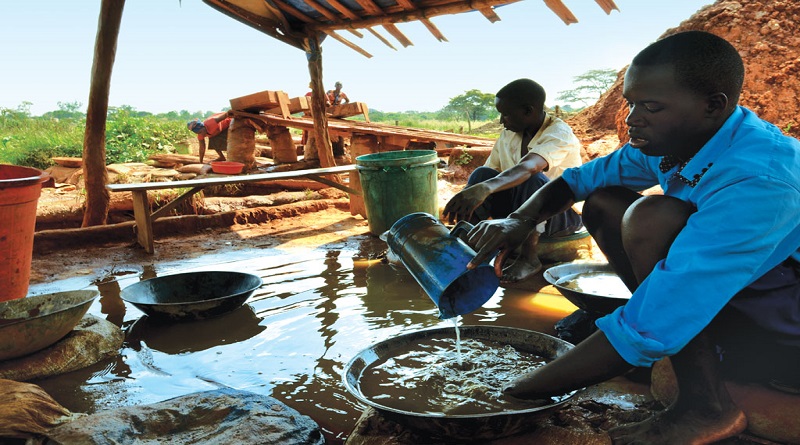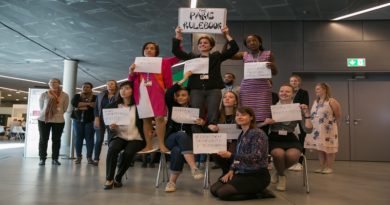GEF Council approves key funding for Minamata Convention to combat mercury use in ASGM
The 67th Council of the Global Environment Facility (GEF) convened in Washington, DC, from June 17 to 20 to deliberate on funding for a wide variety of projects and programs.
During the meeting, the GEF Council approved a new enabling activity for the Minamata Convention on Mercury to support eligible Parties in managing mercury use in artisanal and small-scale gold mining (ASGM), helping them fulfill their obligations under Article 7. This activity, Reviews of the Implementation of Article 7 (RIAs), will now complement the Minamata Initial Assessments (MIAs) and the National Action Plans (NAPs) enabling activities. Approximately $18 million remains available in the GEF-8 for these three types of activities.
The Reviews of the Implementation of Article 7 will aid Parties in periodically checking their National Action Plans for the ASGM sector and reporting progress to the Minamata Convention Secretariat. These reports will detail efforts to reduce mercury use, progress on implementing National Action Plans, and achieved mercury reduction. Parties are also encouraged to contribute data to a global database, enhancing the collective understanding and management of mercury use in ASGM.
On Tuesday, 18 June, the Council heard from the heads of the multilateral environmental agreements (MEAs), including the Minamata Convention on Mercury. Executive Secretary Monika Stankiewicz emphasized the GEF’s role in promoting synergies, including between mercury and biodiversity action. She stated: “Article 7 remains a priority for national governments to ensure that artisanal and small-scale gold mining (ASGM) National Action Plans (NAPs) are living guides that engage all stakeholders in meaningful action.”
“When implemented, the Minamata Convention will make a difference. Parties did the right thing by shaping Article 7 on reducing and eliminating mercury use in ASGM to prioritize eradicating the worst practices. The Global Environment Facility also did the right thing by supporting the implementation of the Convention. This is a transformation the world needs”, she added.
Beyond ASGM, Parties to the Minamata Convention must intensify their efforts to meet their obligations to reduce emissions from four major sectors, implement the newly established waste threshold, and work on the total phaseout of key categories of mercury-added products as per the COP-5 amendments of the Convention. New and upcoming GEF programming is expected to build on the extensive work already accomplished to address mercury-added products, including cosmetics and dental amalgam.
The 67th GEF Council approved the following Minamata Convention-related programs and projects.
Program: Global Chemical Monitoring Program to support implementation of Stockholm and Minamata Conventions – This program is designed to contribute to the Stockholm Convention’s Article 16 and the Minamata Convention’s Article 22, advancing efforts to improve evaluation on the effectiveness of efforts to address chemical pollution. It consists of a global coordination project and five regional projects.
Project: Control and reduction of mercury emissions from the cement industry in Brazil – This project supports Brazil’s commitment towards the Minamata Convention by working to improve the monitoring and management of mercury emissions from the cement industry. New practices to control and reduce emissions will be piloted in manufacturing plants.
Project: Strengthening Indonesia’s reduction and elimination in the distribution and supply chain of mercury from national health – This project will support Indonesia’s effort to eliminate mercury in the supply chain for medical devices, to set up a system to track, collect and safely dispose of mercury-containing waste, and to prevent the buildup of e-waste from the healthcare sector.



